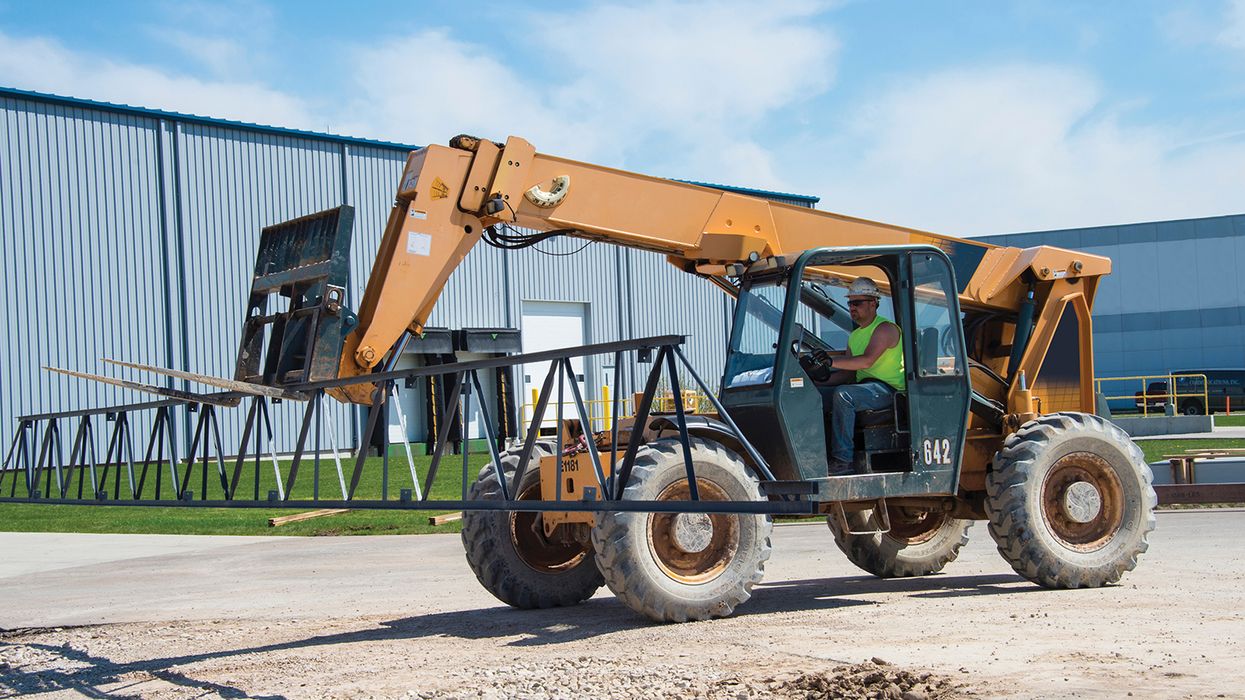EPA offers preparation tips for hurricane season
The Environmental Protection Agency (EPA) is highlighting National Hurricane Preparedness Week (May 3-9, 2020) to help Americans prepare for the Atlantic hurricane season from June 1 to November 30.
The agency has previously issued reminders for employers to watch for reportable chemical releases. Unlike some other natural disasters, the onset of a hurricane is predictable and allows for preparations to minimize the effect on a facility. Before a storm can damage industrial processes and cause uncontrolled releases of hazardous chemicals, owners/operators typically take preventive action by safely shutting down processes (i.e., de-energize or isolate process equipment) or otherwise operate under emergency operations procedures.
For complex industrial processes, shutdown operations require special care beyond normal operations. Process shutdown often involves numerous simultaneous activities and rapidly changing process conditions. Normally automated systems or process controls may be bypassed, disconnected, or under manual control. Of particular concern are the hazards associated with the additional human/process interactions required during shutdown operations, as process parameters may be in unusual ranges and operators may have less experience controlling plant conditions during a shutdown.
EPA reminds owners/operators that various laws and regulations require them to minimize chemical releases during process shutdown operations. If reportable releases occur, they must be reported immediately upon constructive knowledge of occurrence.
In addition, the EPA offered tips for the public to prepare themselves and their families before a storm to help prevent property damage, storm debris and, most importantly, stay safe.
- Make a supplies kit – Having an emergency kit to prepare for natural disasters like hurricanes is essential. A basic kit may include canned food, first aid supplies, flashlights, and other items. It is also important to include a gallon of water per day for each person and pet for at least three days. Make sure a preparedness kit includes medicines.
- Develop a family plan – Making an emergency plan that includes all the members of your household is a great way to get organized before a storm. The plan can include alternative ways to contact occupants, what to do if you get separated, and important contact information. The family plan should include a plan for any pets; one reason people ignore an evacuation order is they don’t have a plan for pets.
- Prepare your home – Hurricanes can damage structures, such as homes. As a result, many household items that contain chemicals and other substances, such as enamel-based paint, bathroom cleaners, and batteries, can leak into the environment and cause harm. Be sure to properly dispose of or store items that can cause household hazardous waste.
- Know whom to contact – It’s important to know who to contact during emergencies. If you have an immediate or life-threatening issue, always call 911. If you witness an oil, chemical, or hazardous substance spill or discharge resulting from a hurricane, call the National Response Center at 800-424-8802.

















































